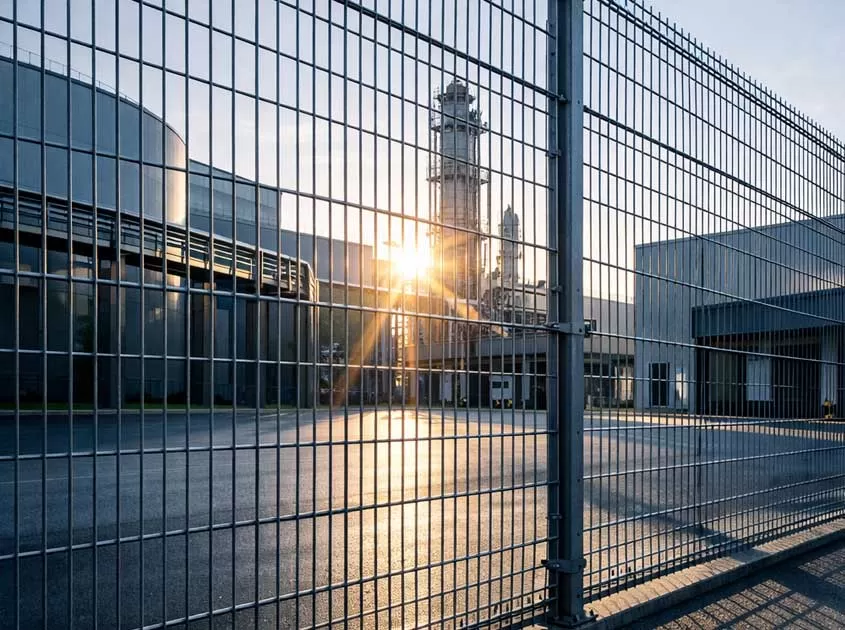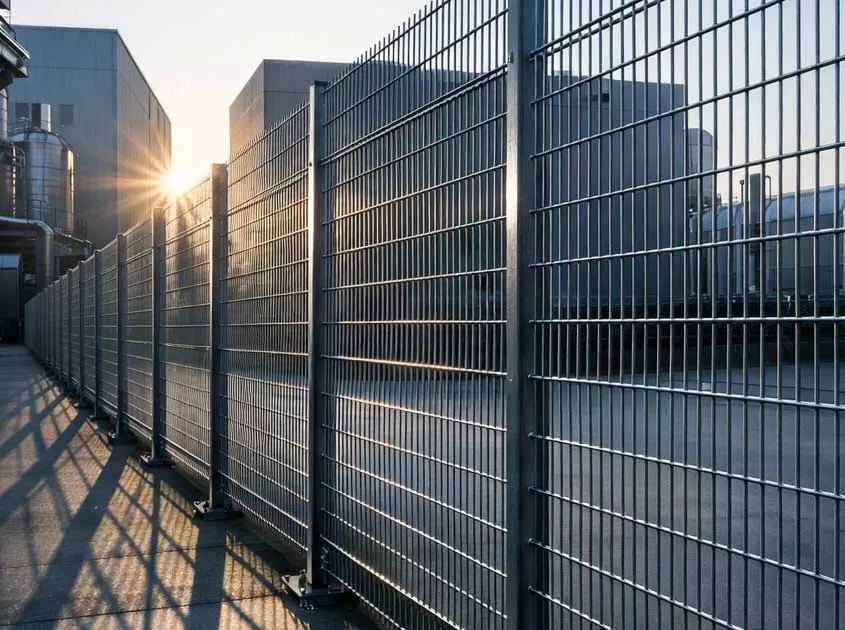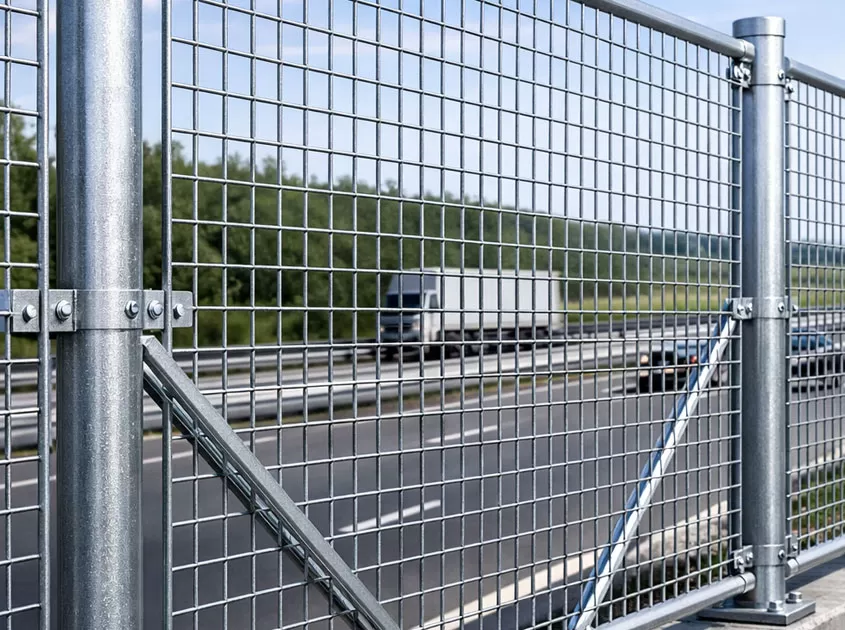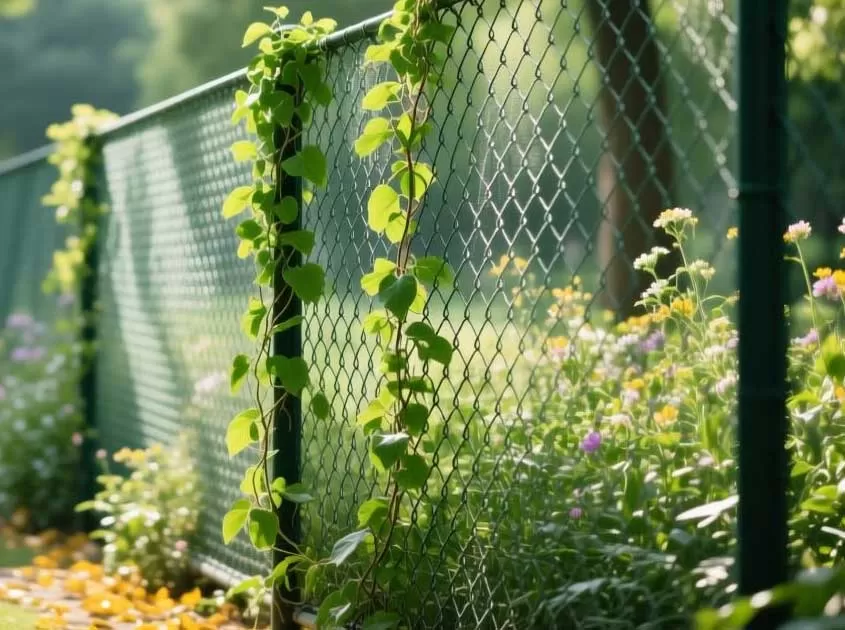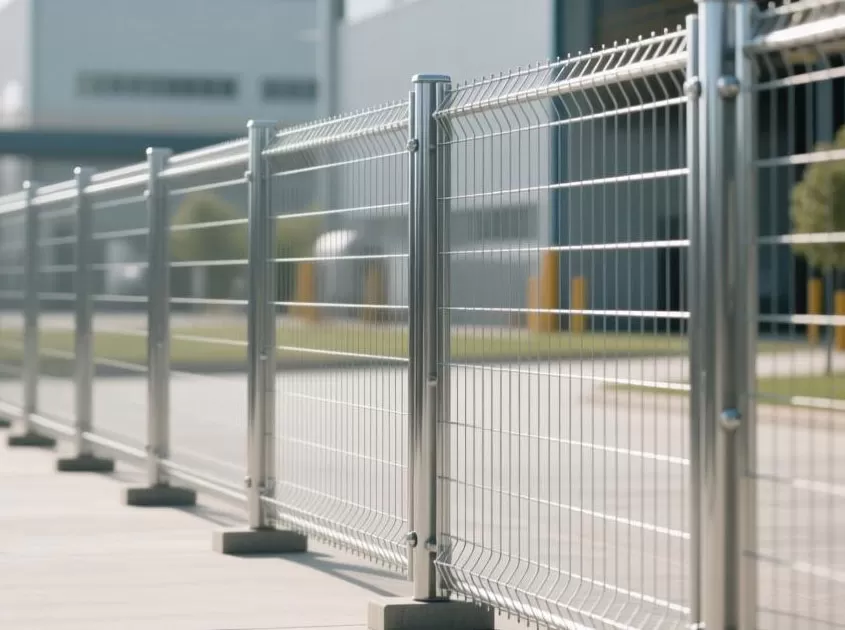How to Ensure Reliable Technical Support and After-Sales Service When Purchasing Wire Mesh Products
For B2B buyers in construction, agriculture, security fencing, and industrial filtration, purchasing wire mesh products is not only about comparing prices. What truly influences long-term cooperation is the supplier’s technical support, quality assurance, and after-sales service. Whether you are importing galvanized wire mesh, welded mesh rolls, chain link fence, or decorative metal mesh from overseas manufacturers, choosing the right supplier determines how efficiently your projects run.
Below is a practical guide to help international distributors, contractors, and wholesalers ensure solid technical support and reliable after-sales service when working with wire mesh suppliers—especially when sourcing from China.
1. Start by Evaluating the Supplier’s Technical Expertise
Before placing an order, verify whether the manufacturer can provide professional technical guidance. This is particularly important for projects that require accurate mesh specifications, tensile strength, corrosion resistance, or special coatings.
You should check:
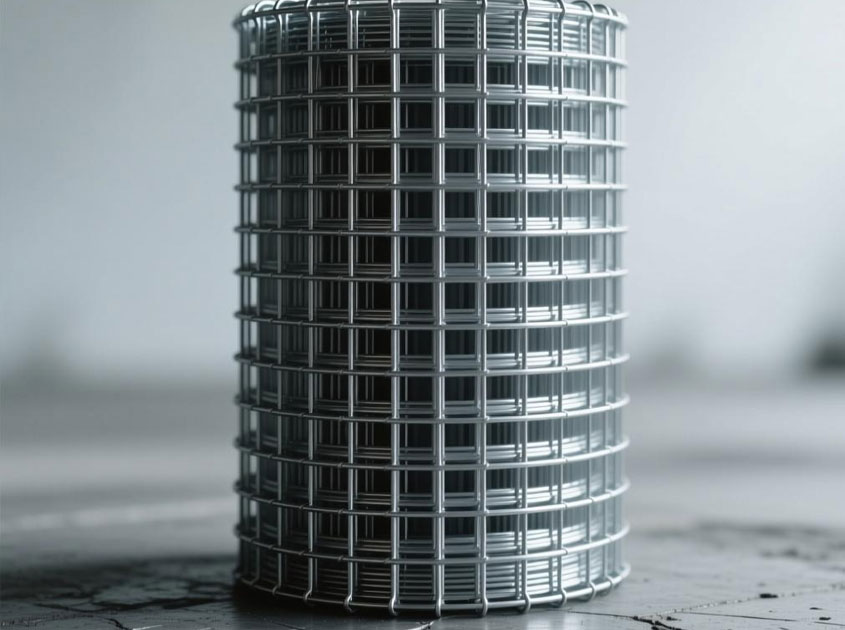
Production experience (years in manufacturing, main markets served)
Technical team availability (engineers, QC specialists, customization support)
Material understanding (galvanized wire, stainless steel, PVC-coated wire, etc.)
Standards compliance (ISO, CE, SGS test reports)
Professional manufacturers usually provide:
Mesh size recommendations
Load-bearing calculations
Installation guidelines
Application-specific solutions
This ensures that the wire mesh you purchase matches your market requirements, reducing risk and improving procurement accuracy.
2. Ensure Clear and Transparent Pre-Sales Communication
Reliable technical support begins before the purchase. You should expect quick and detailed responses to technical questions, including:
Product drawings
Exact specifications and tolerances
Sample confirmation
Customization feasibility
Estimated delivery timelines
A qualified supplier will proactively ask about your application scenario (fencing, construction reinforcement, animal breeding, industrial filtration, decoration, etc.) to offer the most suitable mesh type, instead of simply selling what’s in stock.
For overseas buyers, clear communication is essential to avoid misunderstandings in mesh aperture, wire diameter, length, roll size, and zinc coating thickness.
3. Request Full Quality Control Documentation
A supplier’s after-sales capability strongly depends on its production and inspection system.
Before confirming a large order, ask for:
Raw material certificates
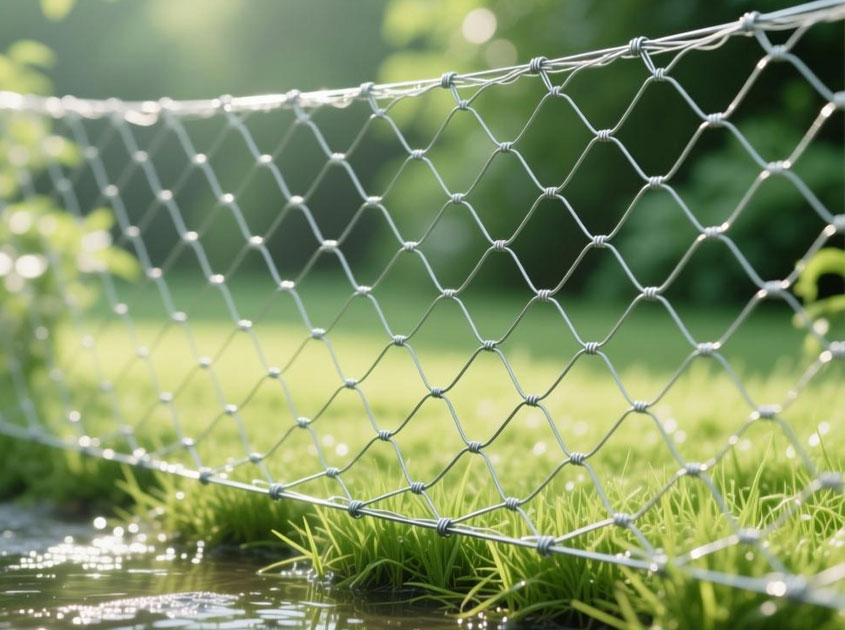
In-process QC photos
Finished product inspection reports
Tensile strength tests
Coating thickness tests
Packaging inspection photos
These documents give you confidence that the factory has:
Strict quality control
Traceable production records
Stable and consistent output
Lower risk of complaint or product failure
Factories with complete QC data are more likely to provide solid after-sales service, because they can track any issue back to production.
4. Understand the Supplier’s Warranty and Claim Policy
When purchasing wire mesh, after-sales service includes:
Quality warranty period
Replacement policy for defective products
Compensation mechanism
Technical troubleshooting support
Make sure the supplier clearly states:
What conditions are covered
How claims are handled
Response time for technical issues
Whether replacements or discounts are offered
Professional manufacturers will provide a written after-sales guarantee, giving distributors confidence when reselling products to their own clients.
5. Pay Attention to Packaging, Shipping, and Damage Prevention
A large portion of after-sales issues worldwide comes from transportation damage, especially for:
Welded wire mesh rolls
Stainless steel mesh
Chain link fence
Expanded metal and decorative mesh panels
To avoid disputes, confirm that the supplier uses:
Waterproof wrapping
Steel pallets
Strapping and protective edges
Clear labeling
A factory that invests in export-grade packaging usually takes after-sales service seriously, because good packaging directly reduces damage claims.
6. Check Whether the Supplier Provides Installation and Usage Support
For many projects, technical support continues after delivery.
Reliable wire mesh manufacturers provide:
Installation manuals
Video guidance
On-site technical advice (if needed)

Online troubleshooting
Long-term product maintenance suggestions
This is especially useful for:
Security fencing systems
Architectural decorative mesh
Industrial filter mesh
Agricultural and breeding mesh
Proper installation not only extends product lifespan but also protects the buyer’s reputation in local markets.
7. Choose Suppliers With Stable Long-Term Service Capability
For distributors in South America, the Middle East, Europe, and Southeast Asia, working with a stable Chinese manufacturer ensures consistent after-sales support.
Reliable suppliers typically have:
A large production base
Continuous R&D investment
Export-oriented service teams
Strong logistics networks
Long-term cooperation with distributors
These manufacturers can provide ongoing technical support, new product recommendations, and tailored solutions—reducing your operational costs and improving market competitiveness.
Conclusion
Buying wire mesh products is more than just comparing prices—it is about choosing a supplier who can guarantee quality, technical support, and long-term after-sales service. By evaluating expertise, documentation, communication, warranty policies, packaging, and installation support, distributors and project contractors can avoid risks and secure stable, profitable supply partnerships.
If you are sourcing from China, collaborating with an experienced wire mesh manufacturer ensures that your purchase is supported before, during, and after the sale—helping your business grow with confidence.
-
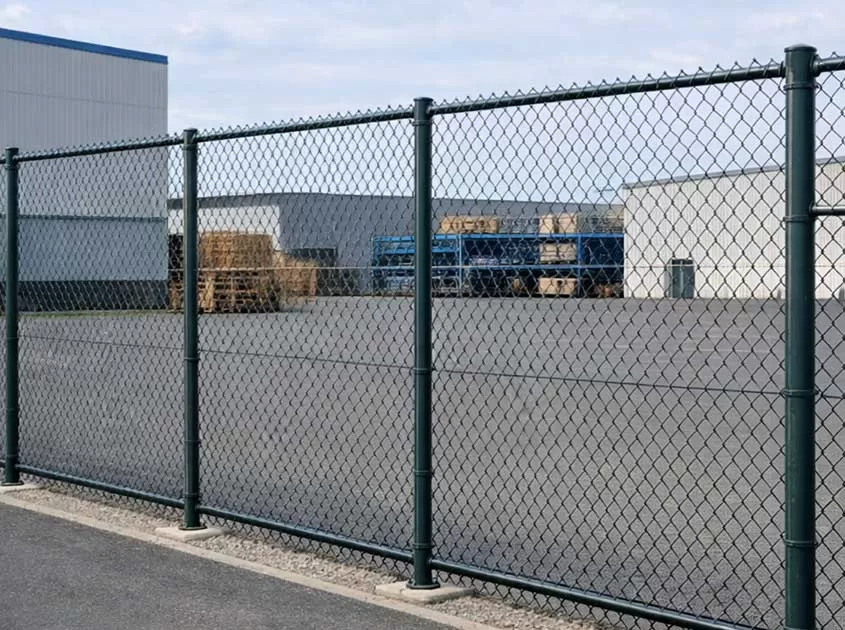 Best Chain Link Fence for Security Applications Feb 10, 2026
Best Chain Link Fence for Security Applications Feb 10, 2026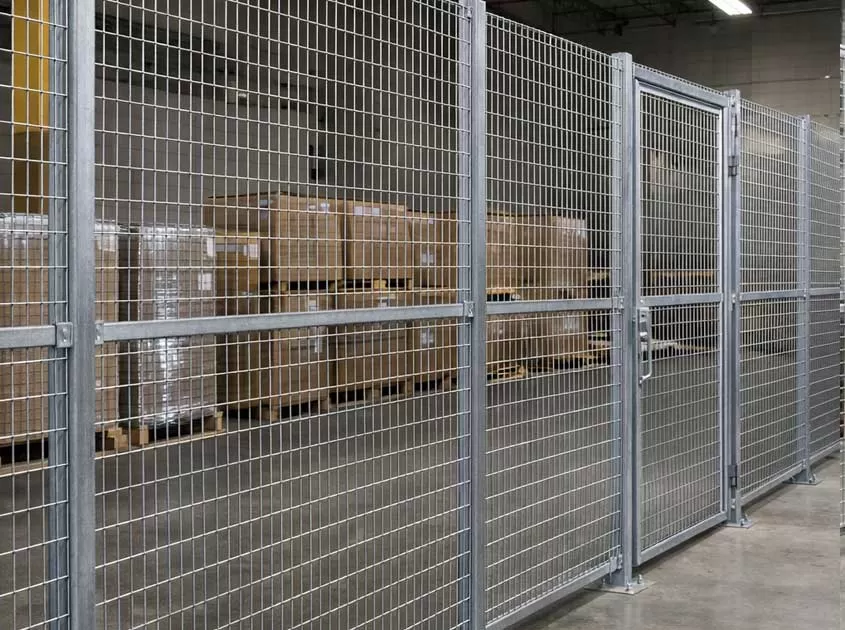 Best Welded Wire Mesh for South American Markets Feb 03, 2026
Best Welded Wire Mesh for South American Markets Feb 03, 2026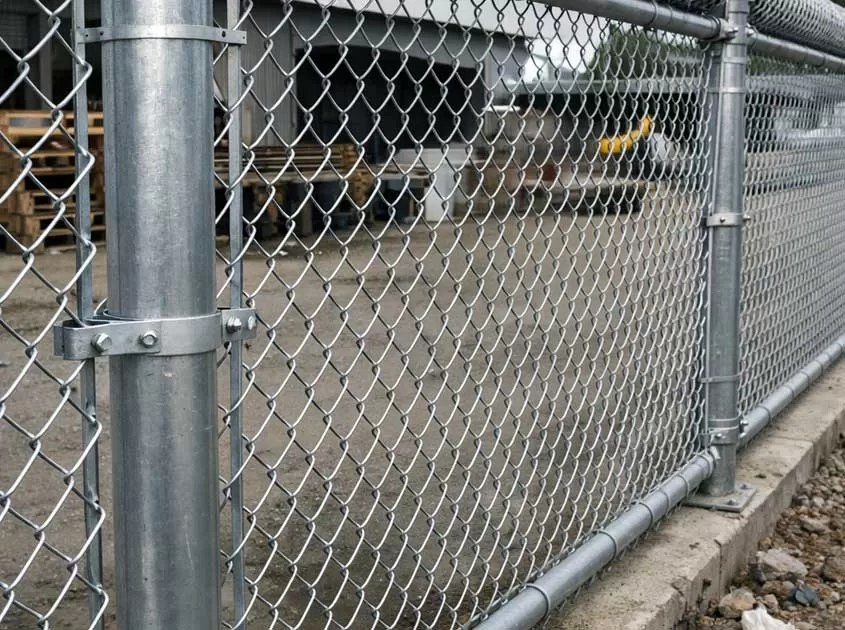 Why Galvanized Wire Mesh Is Popular in South America Jan 26, 2026
Why Galvanized Wire Mesh Is Popular in South America Jan 26, 2026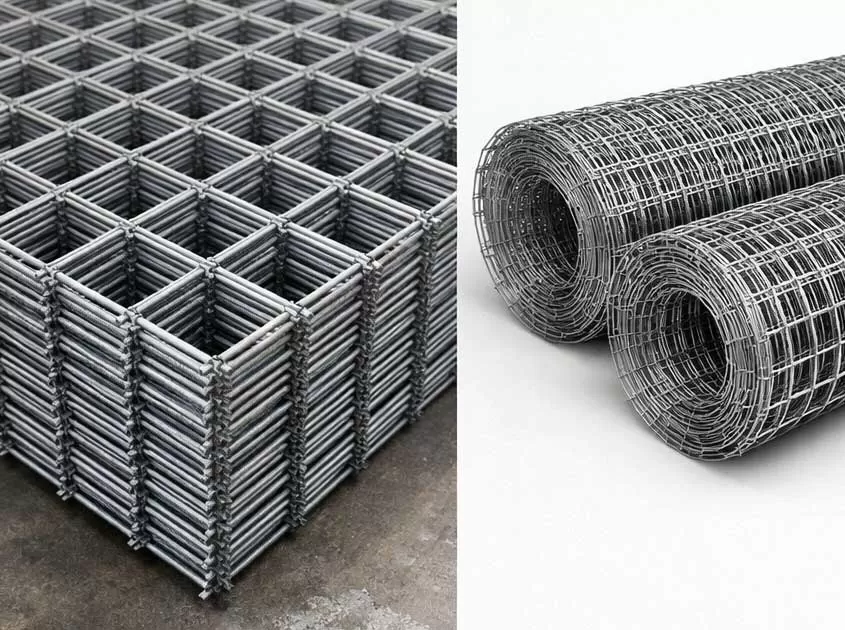 How to Check the Quality of Welded Wire Mesh Jan 16, 2026
How to Check the Quality of Welded Wire Mesh Jan 16, 2026

- Tel.: +86 311 83077076
- E-mail: sales@qunkunmetal.com
- Skype: qunkunsales01
- WhatsApp: 8618032412189
- Add.: No.69 The Filter Industrial Part of Anping, Hebei, China




